Visual Guide to Meningitis

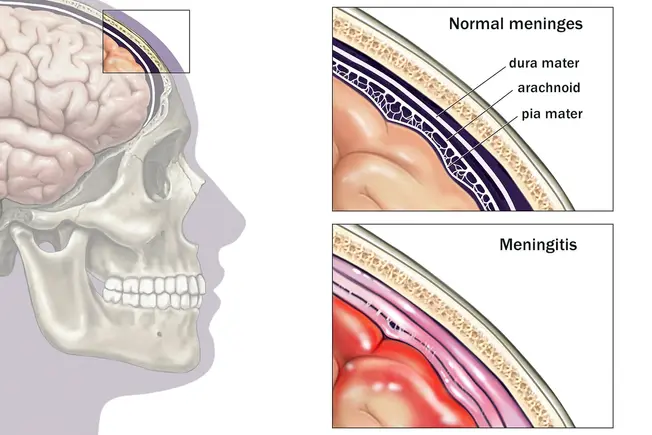
What Is Meningitis?
It's when the protective lining around your brain and spinal cord gets inflamed and starts to swell. This lining, or membrane, is called the meninges. It typically happens when bacteria or viruses infect the fluid that surrounds the brain or the spinal cord, which in turn infects and inflames the meninges. But parasites, fungi, illness, or injury can also cause meningitis.
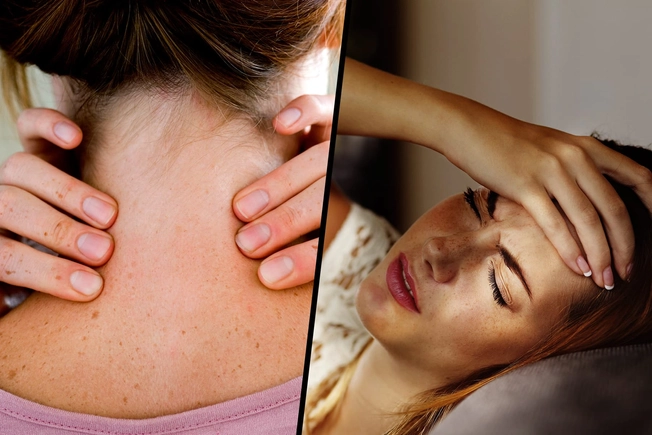
Symptoms
You may notice them suddenly, but they usually happen several days after you've been sick with a cold or the flu or have signs of a stomach bug like vomiting and diarrhea. Meningitis symptoms depend in part on your age and the type you have. You may feel tired, irritable, and feverish, with a stiff neck and headache. You may also have nausea and vomiting. Normal lighting may seem too bright, and you might notice a skin rash.
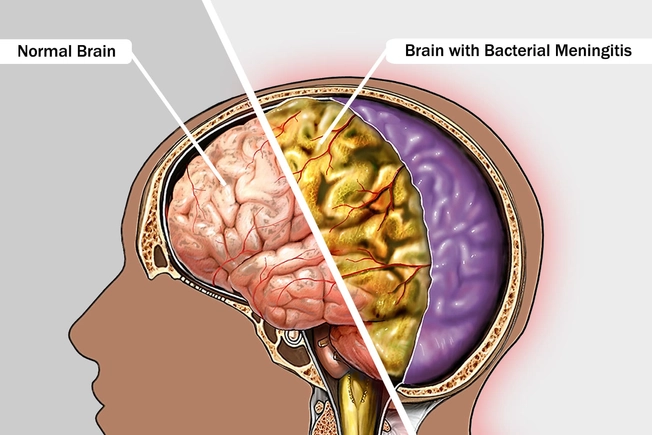
Bacterial Meningitis
It may start with a simple sinus or ear infection or a hard hit to the head, before the bacteria infect the meninges. Without prompt treatment, it can cause brain damage, learning disabilities, and hearing problems and be life-threatening. Your body can have an overwhelming response to the bacteria, called sepsis, that can damage tissues and other organs. Get to a doctor immediately if you notice symptoms.
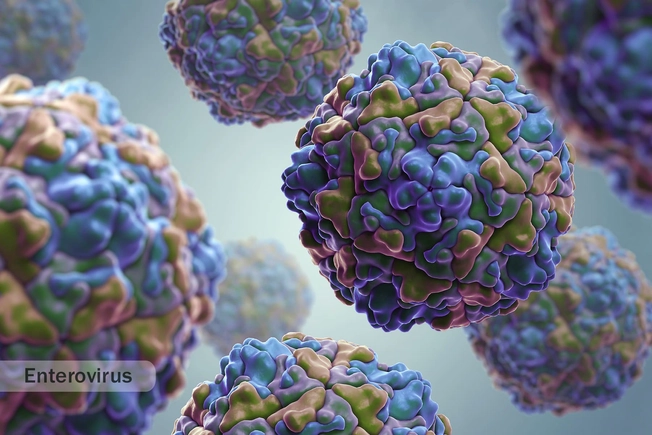
Viral Meningitis
This means a virus caused your meningitis. A variety of viruses can bring it on, especially a type called enteroviruses, which include the viruses that cause the common cold. It's usually much less serious than bacterial meningitis. But because the symptoms of the two conditions are so similar, it's important to see a doctor right away to figure out which type it is and get the right treatment.
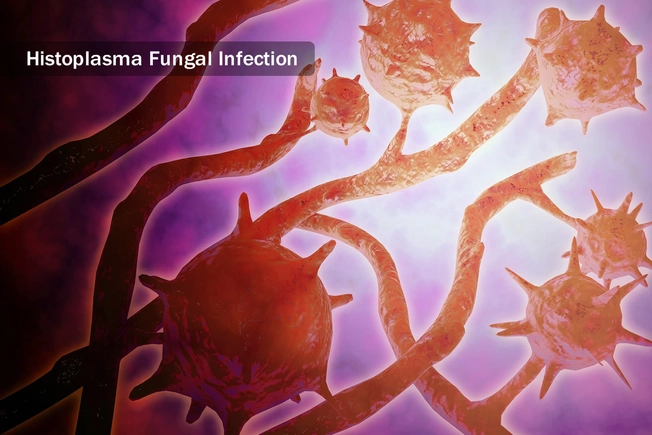
Fungal Meningitis and Other Causes
In rare cases, something other than a virus or bacteria could cause your meningitis. You might pick up some type of fungus or parasite. Sometimes you get meningitis without having an infection. For instance, a head injury, brain surgery, lupus, cancer, or certain medications can bring it on.

Babies With Meningitis
Your baby might not have the typical symptoms that older children or adults get. They might be extra sleepy, hard to wake, fussy to feed, and difficult to comfort when they're crying. Your doctor might look for a yellowish tinge to the skin and a small soft bump on the head called a bulging fontanelle. Call your doctor right away if you notice any of these symptoms or a rectal fever more than 100.4 in a baby under 8 weeks old.
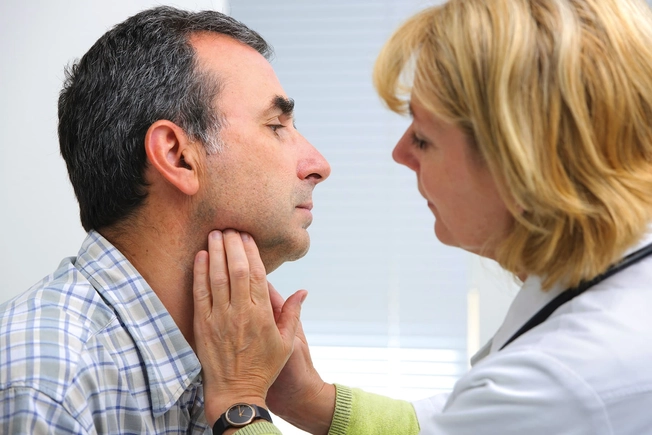
Diagnosis
Your doctor will examine you, especially around the throat, ears, and spine, and ask questions about recent illness or infection. They may also check your blood for certain bacteria and take pictures of your spine with a CT scan or MRI to look for swelling. To know for sure whether you have meningitis, your doctor will do a spinal tap that takes fluid from your spine, which she'll check for bacteria or viruses.
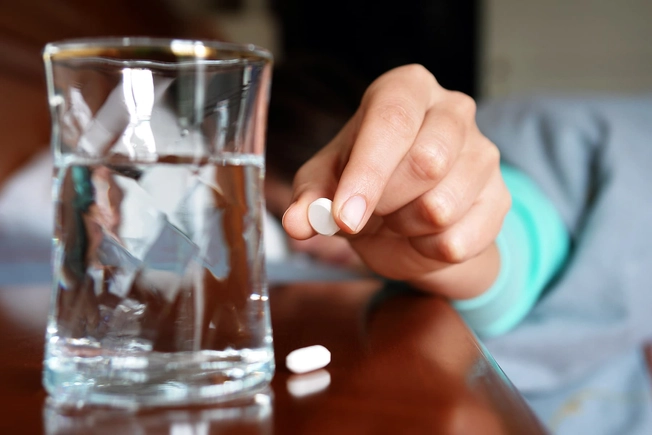
Treatment: Viral Meningitis
After you get a diagnosis of viral meningitis, bed rest and plenty of fluids are the best treatment. Mild cases usually get better in a week or two. Over-the-counter drugs can help lessen fever and body aches. Your doctor might prescribe corticosteroids to ease swelling in your brain.
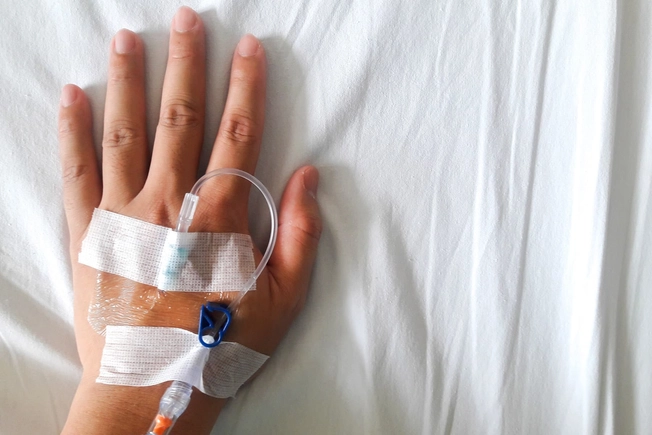
Treatment: Bacterial Meningitis
You'll need antibiotics and will be in the hospital for this. There are different ones for different bacteria, including special types that are able to get to the germs near your brain. Your doctor will likely give them to you through an IV needle, along with fluids to replace those you lose from vomiting, sweating, or diarrhea. You may need corticosteroids to reduce brain swelling and to help prevent hearing loss and other problems.
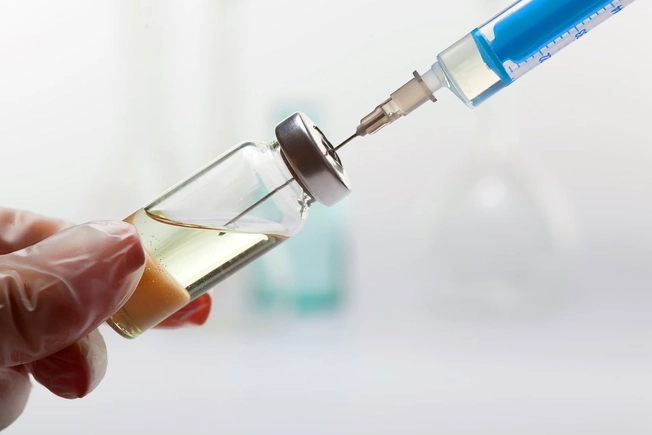
Treatment: Fungal Meningitis
Some medications, like corticosteroids or anticonvulsants, can treat the serious symptoms of meningitis, no matter the cause. But your doctor will want to get at the root of the problem so they can treat it. If it's fungal, there are antifungal drugs that can help.
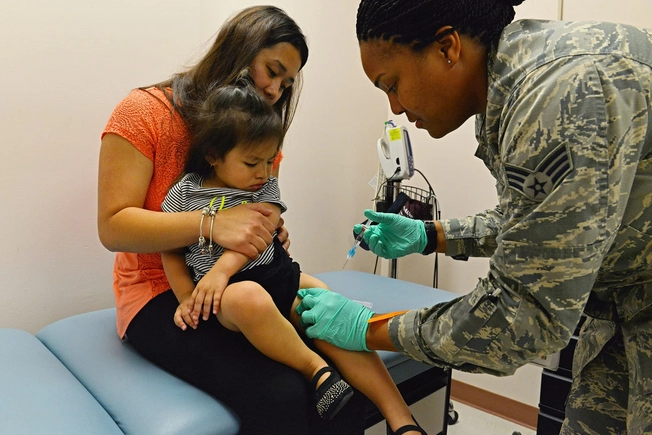
Who Gets It?
Anyone can. Children under 5 are more likely to get the viral form. Teens and kids under 20 are at higher risk for the bacterial one. If you have a weaker immune response because of AIDS, diabetes, alcoholism, or certain medications, you're also more likely to get the condition. One bacterial type, meningococcal meningitis, moves easily through the air and can spread quickly in places like college dorms or military bases.

Prevention
Vaccines can help prevent meningitis caused by some types of bacteria. Vaccines for measles, mumps, polio, Hib, and other diseases will help stop those germs from causing meningitis. Teens and kids living in dorms should get the meningitis vaccine. It also helps to wash regularly, especially your hands, and exercise and eat right to keep your immune system strong.